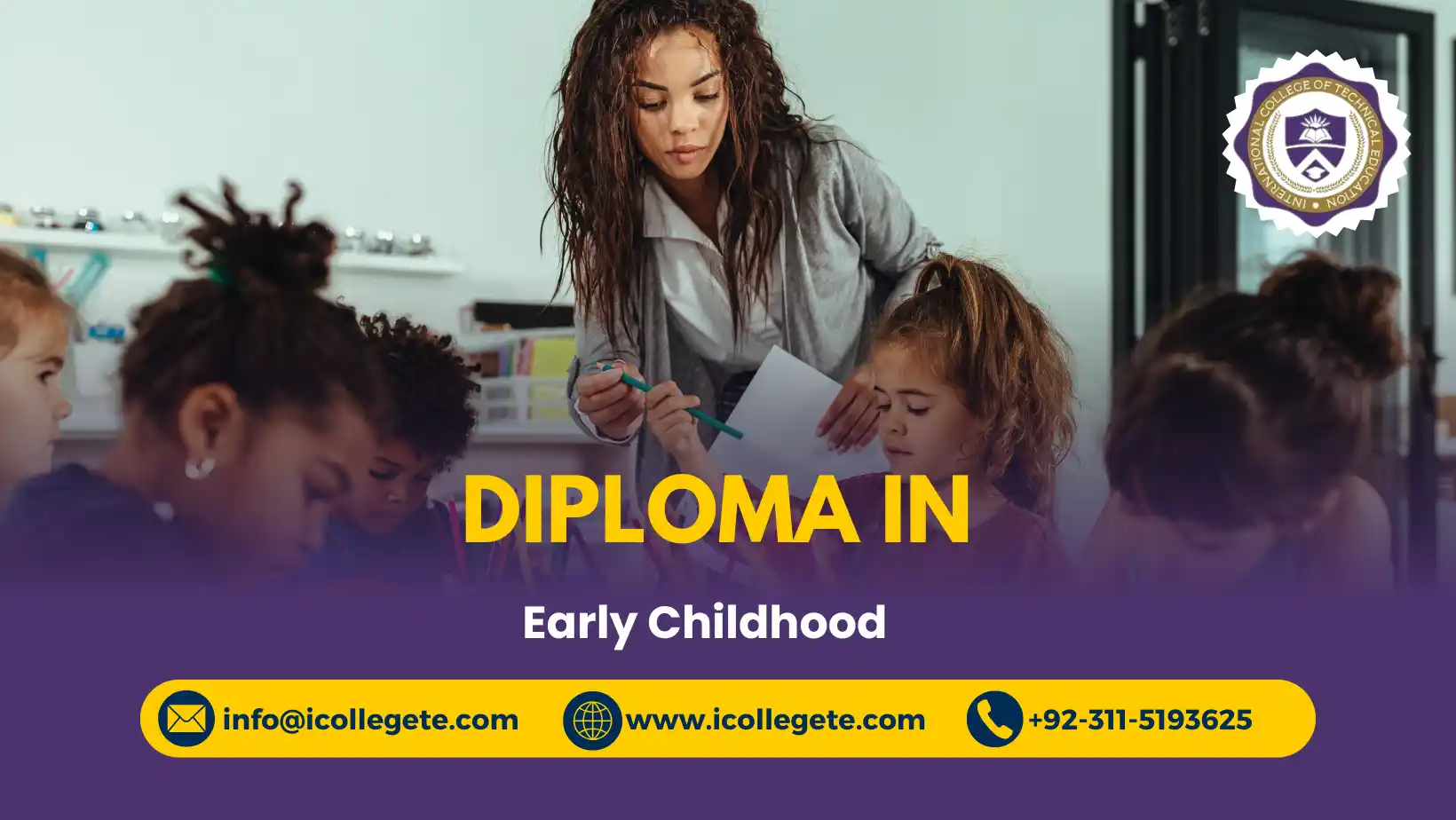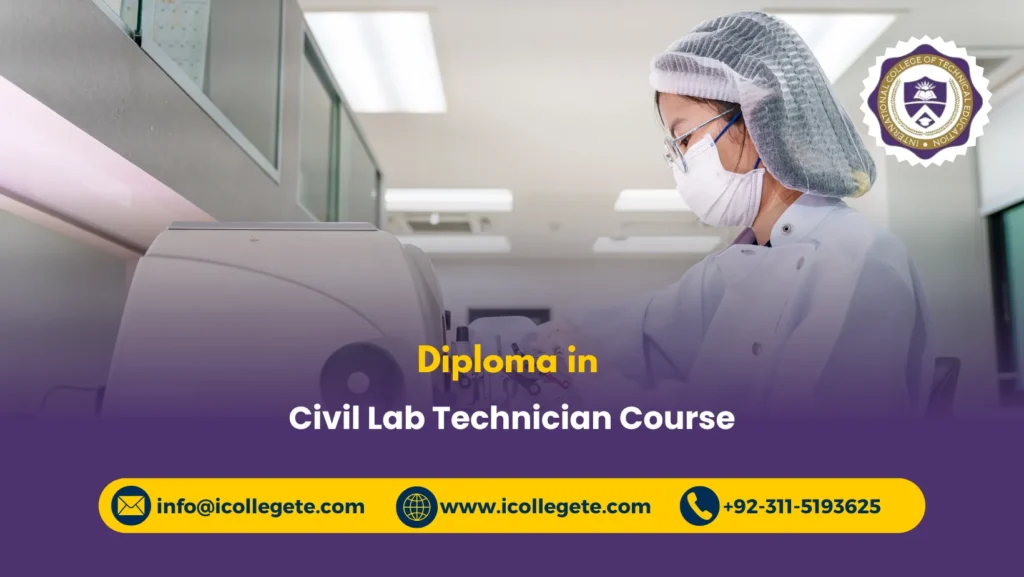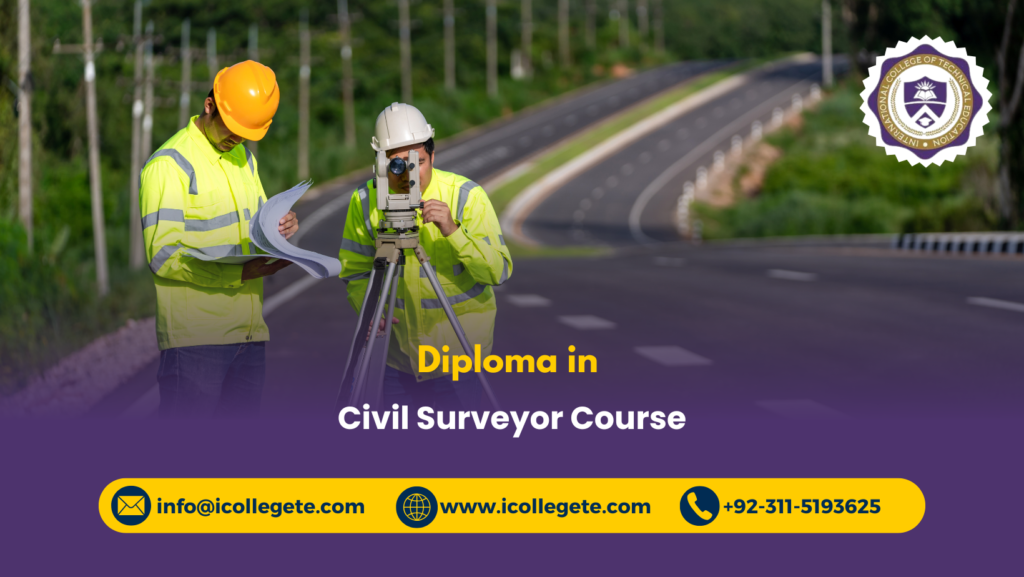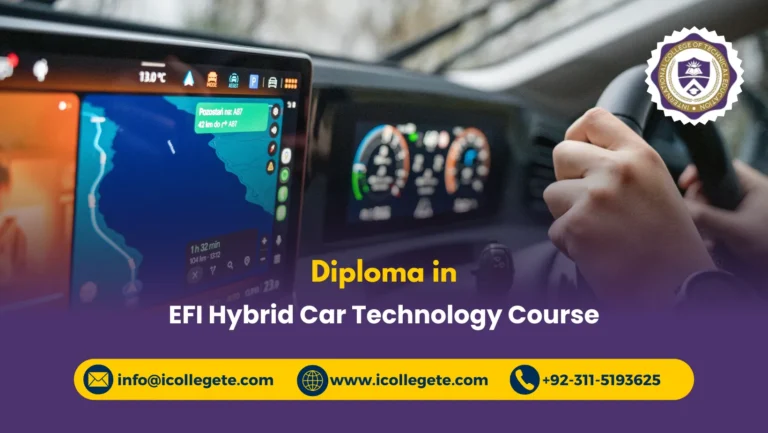The Early Childhood Course is a specialized program designed to prepare learners for the vital role of guiding and nurturing children during their formative years. It focuses on building a strong foundation in child development, emotional growth, and early learning strategies, ensuring that students understand how to create safe, supportive, and stimulating environments for young learners.
Through a blend of theory and practical training, participants gain expertise in curriculum design, classroom management, and inclusive teaching practices. The course emphasizes hands-on experience, equipping future educators with the skills to foster creativity, problem-solving, and social interaction among children in preschools, daycare centers, and other early learning settings.
Graduates of this program are well-prepared to pursue careers as preschool teachers, childcare professionals, or educational consultants. With the growing demand for qualified early childhood educators worldwide, this course offers a rewarding pathway to make a lasting impact on young lives while contributing to the future of education.
The Diploma in Early Childhood course is structured into multiple study units, each focusing on essential aspects of early childhood development and education. These units ensure that students receive a well-rounded education that prepares them for diverse roles within the field.
- Introduction to Early Childhood
- Overview of early childhood education principles
- Importance of the early years in lifelong learning
- The role of the educator in child development
- Child Development and Learning Theories
- Understanding developmental stages from birth to eight years
- Major theories of child development (e.g., Piaget, Vygotsky, Erikson)
- Cognitive, emotional, and physical milestones in early childhood
- Curriculum Planning for Young Children
- Designing curriculum that is child-centered and developmentally appropriate
- Incorporating learning through play
- Methods of delivering engaging and inclusive lessons
- Health, Safety, and Nutrition in Early Childhood
- Ensuring a safe and healthy environment for children
- The importance of proper nutrition in early childhood
- Strategies for promoting children’s physical health and well-being
- Observation and Assessment in Early Childhood Education
- Techniques for observing and assessing child behavior and development
- Recording and documenting child progress
- Using assessment data to plan future learning activities
- Promoting Positive Behavior and Emotional Development
- Understanding emotional development in children
- Effective strategies for managing behavior and fostering social skills
- Building emotional intelligence and resilience in children
- Inclusion and Diversity in Early Childhood
- Creating inclusive learning environments for children of diverse backgrounds
- Strategies for supporting children with special needs
- Promoting cultural awareness and sensitivity in the classroom
- Professionalism and Ethical Practices in Early Childhood
- Legal and ethical considerations in early childhood education
- The role of reflection in improving practice
- Working collaboratively with families, communities, and colleagues
- Final Project & Practical Assessment
- A hands-on project where students design and implement a curriculum plan for a young child or group of children
- Assessment of practical teaching skills and theoretical understanding
Upon successful completion of the Diploma in Early Childhood , students will be able to:
- Understand child development theories and apply them to create age-appropriate learning activities.
- Plan and implement effective curricula that stimulate cognitive, social, emotional, and physical growth in young children.
- Create safe and supportive environments that promote the well-being and learning of all children.
- Use observation and assessment tools to monitor and document child progress and development.
- Engage with children through positive communication techniques, fostering strong relationships and trust.
- Promote inclusivity by creating diverse and equitable learning environments that support children from various backgrounds.
- Implement health and safety guidelines in early childhood settings to ensure a secure learning environment.
- Reflect on and improve your own teaching practice through ongoing professional development and collaboration with colleagues.
Enrolling in the Diploma in Early Childhood offers numerous advantages that can shape your career and equip you with the tools necessary for success in this rewarding field:
- In-Demand Career Opportunities
- The demand for qualified early childhood educators is growing globally. Completing this diploma opens doors to a variety of positions in childcare centers, pre-schools, schools, and community programs.
- Holistic Skill Development
- This course equips students with both theoretical knowledge and practical skills, ensuring that you can confidently work with children from diverse backgrounds and developmental stages.
- High Earning Potential
- Early childhood education is an essential field, and skilled professionals are highly valued. This diploma can lead to well-paying roles, and with further experience, you can take on leadership positions in educational institutions.
- Personal Fulfillment
- As an early childhood educator, you have the opportunity to make a lasting, positive impact on children’s lives. This course helps you become a nurturing, effective educator who supports children’s growth during critical developmental stages.
- Flexible Career Paths
- With this diploma, you can work in a variety of settings, including daycare centers, preschools, kindergartens, private schools, and even start your own educational venture.
The Diploma in Early Childhood is perfect for:
- Aspiring Early Childhood Educators: Individuals who are passionate about working with young children and want to start a career in education.
- Current Caregivers and Childcare Workers: Professionals who wish to formalize their qualifications and advance in their careers.
- Parents and Caregivers: Parents who want to gain insights into child development to improve their approach to raising their children.
- Graduates Looking for a Career Change: Those interested in pursuing a meaningful career in education, particularly working with children.
- Community Workers and Social Workers: Professionals in social services who want to specialize in early childhood education and child development.










